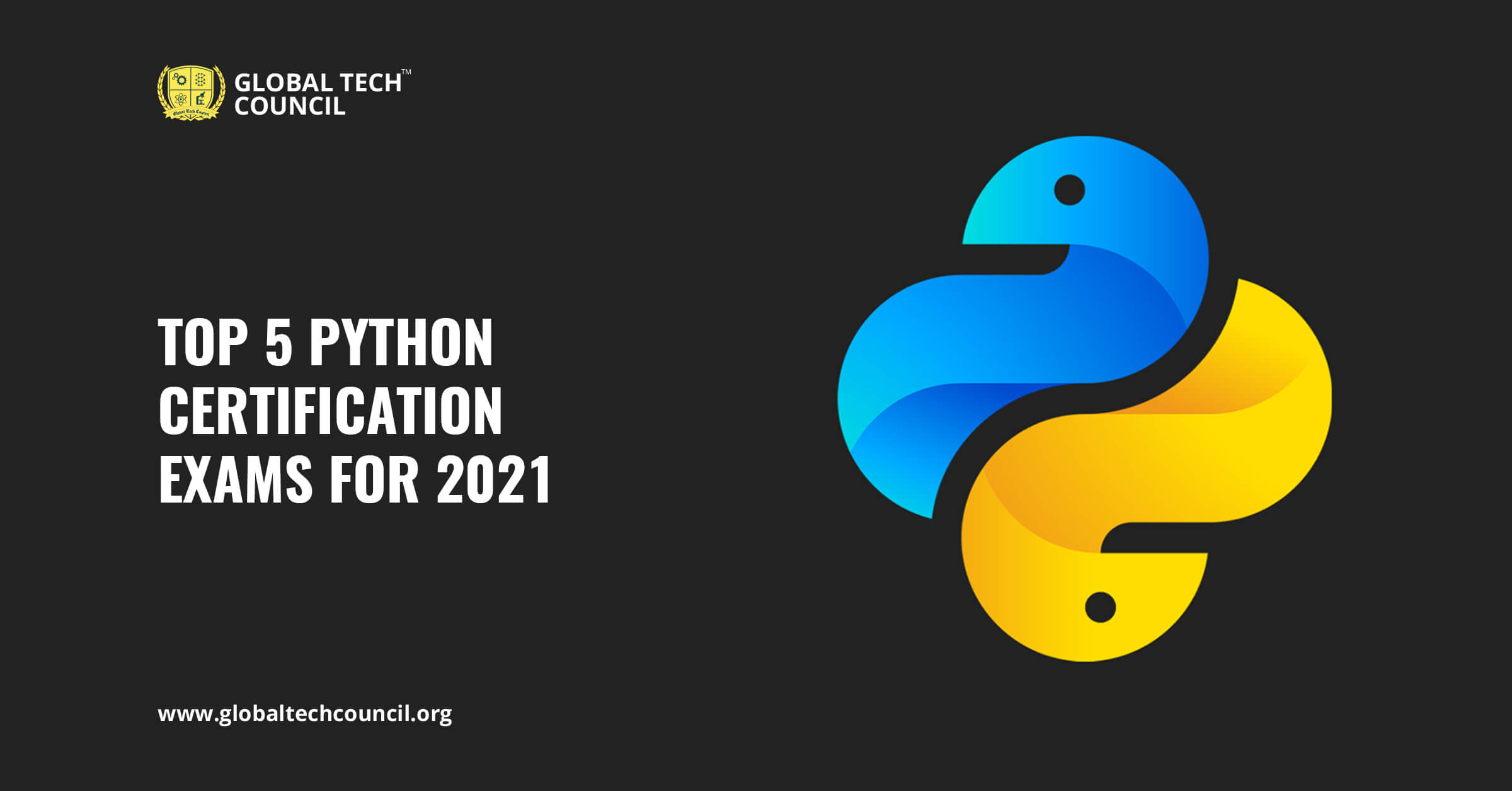
Computer science, as well as information systems, are both based on programming. Thousands of developers graduate each year with a bachelor’s degree and seek employment. The need for coders is increasing exponentially, and it is not going away anytime soon. Python was first published in 1991 by the Python Software Foundation. Now, Python has grown to be the highest popular and extensively used computing language in various fields.
Guido Van Rossum created this Python programming language.
It is an –
- Interpreted
- General-purpose
- High-level programming language.
It offers a large number of frameworks and technologies. It even has a large community of programmers that are working to improve the language. Due to its wide range of applications, it is now the most widespread coding language. Furthermore, you can follow our post if you are a Python programmer or expand your expertise and experience in this platform. To acquire a high-paying profession, the most crucial step is to obtain certifications from reputable organizations. Today, we will share the top five best Python crash course certifications for you.
1. Certified Entry-Level Python Programmer
This is a specialist certification course that certifies your ability to complete technical jobs or code in Python. This qualification has no requirements. Furthermore, it only assesses your knowledge of basic computer programming principles. This covers topics on –
- The process of how computers operate.
- How programs are generally executed.
- How computing languages are mainly developed or produced.
- Significant distinctions between interpreted & compiled languages.
- Discrepancies between different Python versions.
This course emphasizes fundamental aspects like data processing and outcome in Python. It also focuses on subjects such as the definition, use, and intent of functions.
It assesses you on topics like
- Pointers and detailed information such as numerical operator connections and bindings.
- Variable naming standards.
- Expressions.
- Data conversion.
It also evaluates you on control declarations such as loops and if-else
- Dominating the behaviors of these control declarations utilizing break and continue keywords.
- List slicing.
- Multi-dimensional lists.
- Scoping mechanisms.
- Tuples.
- Dictionaries.
2. Certified Associate in Python Programmer
This certificate focuses on the PCEP certification. It uses your pragmatic and coding abilities to check-in. Performing basic technological activities in Python and learning the foundations of Object-Oriented Design. This test contains all of the basic ideas covered in Certified Entry-Level Python Programmer. Python components and critical points such as –
- Imports.
- Shared modules.
- Module functions.
- How modules get merged to create packages.
- Exceptional handling in Python.
- How Python utilizes it.
- Try-except directions.
- Raise instructions.
- Strings in Python.
- Related methods.
With a PCAP certification, a coder or trainee may demonstrate that they understand all of the fundamentals. And also essential principles of advanced Python programming. The study validates the core ideas of many Python constructs as well as OOP foundations. This course will provide you with a solid understanding of common coding approaches. It helps to employ standard language architecture as well as fundamental Python programming abilities.
3. Introduction to Programming Using Python by Microsoft
Microsoft offers a popular entry-level Python course certification. This course includes all of Python’s syntax, data types, and fundamental knowledge. It also explains how to use Python techniques to answer any issue rationally.
- Basics of Python
- All about Boolean values
- Basics of computer programming
- Interpretations
- Variables as well as variable naming conventions
- Defining and applying functions
- Indexing and slicing activities
- Type conversions
- Basic formatting and outcomes
- Data Types
- Operators
- Control Flow, Decisions, and Loops
- Construct Data structures
- Jump Statements
- Perform Input and Output Operations
- Document and Structure Code
- Comments and white-spaces
- Perform Operations Using Modules and Technologies
4. Certified Professional in Python Programming 2
This is also one of the best Python certification courses for beginners learning the Python coding language.
This course covers –
- Python design patterns
- Interprocess interactions
- Network computing
- Python-MySQL database queries
- Python ideas in generating and distributing programs.
- Sharing
- storing
- Installing packages
- Validating via design patterns
- Such as Singleton
- Proxy, Façade
- Observer
- Command
- Multiprocessing
- Threading
- Subprocesses
- Synchronization
- Sockets
- Relational databases
- MySQL
- CRUD applications
These were some of the few of the subjects covered in this course. This certification covers a wide range of complex topics, so you’ll need to be well-prepared. This is the last certification you’ll need to be acknowledged as a Python computing language specialist.
5. Certified Expert in Python Programming
This Python qualification tag is mainly reserved for Python professionals. Individuals who further have completed the OpenEDG Python Institute’s Programming certificate program. Furthermore, the Python Institute’s most sophisticated certificate for Python developers is this one. So, having this internationally recognized certification validates your Python coding skills. It further emphasizes mastery of Python programming’s fundamental ideas. This certification also demonstrates proficiency. So, it helps in overcoming common Python implementation issues across many sectors. A CEPP certification proves that a Python programmer has industry-level knowledge of the language. This certification indicates that the applicant has studied all areas –
- OOPs fundamentals and advanced ideas
- GUI programming
- and so on.
- This qualification may also be used to apply for –
- Advanced software development positions
- Python developer positions
- Team lead positions
- Innovative project managing lead positions and other professional jobs.
After receiving this accreditation, many people pursue employment in –
Big Data, Data Analytics, Machine Learning, and Deep Learning
Conclusion
We hope this post has given you a better understanding of the various Python certifications! Acquiring a Python course certification with a correct version of Python can improve your coding career even if you are just beginning as a developer or are an accomplished Python programmer wanting to make a name for yourself in the market.